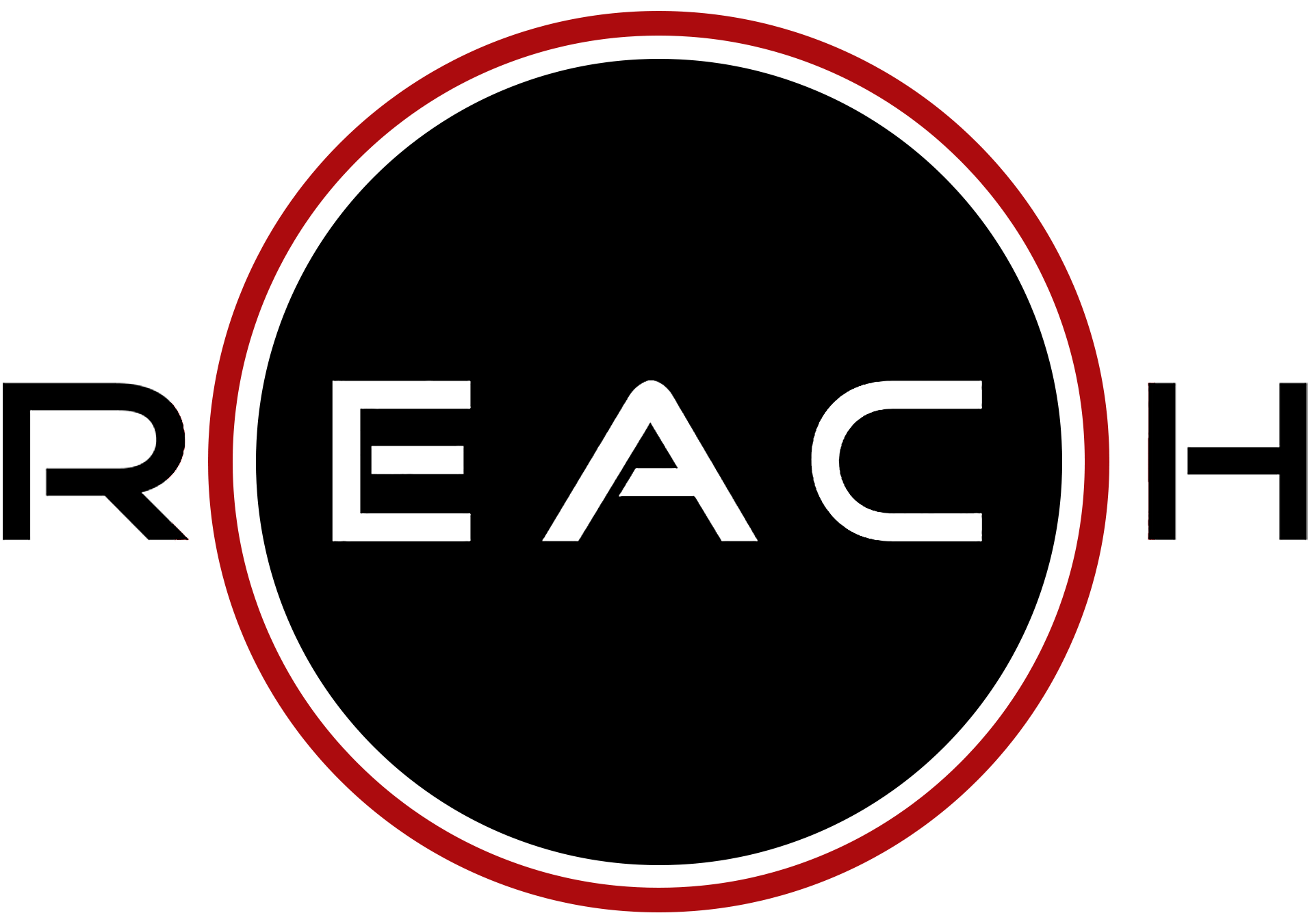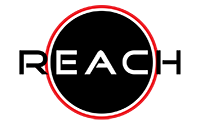FAQ
Who does REACH work with?
- REACH offers a diverse range of service providers which means they work with a diverse range of clients. From children to geriatric individuals and from to families and groups, REACH is able to support the inner work and healing journeys of those who are ready to take the next step in supporting their own mental health and wellness.
What is a Mental Health Navigator (MNH) at REACH?
- MHN’s offer support, guidance, coaching and care through a variety of approaches for clients who struggle with various mental health concerns. MHN can have a diverse range of backgrounds and qualifications from diplomas to undergrad degrees, but that are all relevant within the field of mental health and wellness, such as addictions/recovery support, grief/bereavement support, life coaching, peer support/mentorship, mental health care support, etc. MHN can work with clients through short term situations, or over a longer period of time. They also facilitate resource support, life planning and incorporation of strategies into day-to-day practices leading toward wellness.
*It is important that individuals understand that MHN are NOT counsellors
What is the difference between a counsellor and a psychologist?
- Counsellors – complete and undergrad, as well as a postgraduate degree and/or doctoral degree from a counselling-related program. While the profession of counsellor or therapist is not yet regulated in BC, various bodies such as the BC Association of Clinical Counsellors and the Canadian Counselling and Psychotherapy Association, have rigorous standards to be met for individuals to become qualified members and carry the ‘Registered’ or ‘Certified’ title with them. Counsellors will have studied a range of counselling methodologies and theories, as well as human development and relationship dynamics, which aid them in listening, facilitating, and guiding skills, which offer supports for emotional and mental health concerns of clients.
- Psychologist – completes an undergrad, and also a postgraduate degree in psychology, with specialization in assessments, development and administration of psychological tests that support data gathering for understanding the nature of challenges or issues a client is dealing with. They often provide counselling for mental illness diagnosis, mental health challenges, emotional and behavioural disorders. They support development of treatment plans to minimize the impact of problems on a client and manage day to day life, including supporting coordination with other health service providers.
What is Spiritual Direction and how do I know if I need that, or if it could help me?
- Spiritual Direction is non-religious, acknowledging that the spirit/soul domain is one of the domains that make-up a person along with mental, emotional and physical. Spiritual Direction looks at the bigger questions of life such as “what is my purpose, what is the purpose in this, what is the meaning of life, I don’t understand how this could happen…” It explores the deep innate desires of each person to feel they are loved, and they belong. Spiritual Direction does this by holding space and relationship with others as sacred, and by creating opportunity to slow, settle and self-care for the core you. Spiritual Direction involves deeply listening by both the Director and the seeker, for the truth and wisdom that lies inside each individual. Individuals from diverse spiritual/religious backgrounds have sought Spiritual Direction, just as have individuals with no religious affiliation of spiritual beliefs.
Is it effective to see an intern counsellor or intern psychologist? Can they help if they are only students?
- You will often find that most interns are incredibly enthusiastic and hopeful, which brings a positive energy to their practice and client care. They are in the process of investing a great amount of learning and finances into a profession they are passionate about.
- While interns might be newbies, they are truly learning and putting to practice the critical nature of the therapeutic relationship, active listening, and alternate perspectives with each client. Interns are in the process of daily researching, developing and updating their learning and approaches in the field of counselling. They are closely supervised by experienced and qualified professionals who support the client case development, therapeutic approaches and plans of care. Interns are often more focused on their clients as they do not take on a full-time caseload, giving them more time to continue researching, learning and growing, but also more flexibility and availability which can be advantageous for clients
- Choosing an intern counsellor or intern psychologist can be a great option if you do not have extended health benefits as it is often more affordable
What can I expect if I decided to receive services from an individual at REACH?
- That your support and care is confidential, that your journey is your own, unique and true for you – (review and acceptance of duty to warn, cancellation policies, etc.) https://www.reachtrauma.com/confidentiality-policies/
- To engage actively in your own healing process and journey
- To be supported and cared for through a therapeutic professional relationship
- To be challenged, but to feel hope and support in facing the challenges
- Acceptance and non-judgment in a space to open, learn and grow
- Transparency, to be asked difficult questions, but to be honoured in the process of working through them
How much do REACH services cost? What if I can’t afford it?
- REACH is a fee-for-service private company. It is not a non-profit or government funded agency.
- There are many different services available through REACH and the rate depends on the service and service provider that you choose or that is selected for you. From our MHN’s to School Counsellors, Clinical Counsellors or Psychologists, and more, rates range from $90 per hour to $250+ per hour, comparable to current rates in the field. Intern Counsellors and Intern Psychologists are offered at lower rates. Contact our office for more specific inquiries. admin@reachtrauma.com
- REACH may offer a sliding scale based on household income and the need for services, as well as reduced rates per individual circumstance.
- REACH has been able to offer limited subsidies or bursaries in the past; it is always good to inquire if this is available.
- If due to your financial obstacles, REACH is unable to be provide services for you, they will refer you to supports and resources that are available and may be better suited or accessible for you
What services are covered by extended benefits at REACH? How do I know if I am covered?
- In BC, many extended health providers cover psychological services, as well as Registered Clinical Counsellors (RCCs) or Canadian Certified Counsellors (CCC). However, this depends on the plan your employer or company has, which will include the details of the policy and what is covered. Consult with your employer’s HR department to find out this information and know what you or your family are covered for. If you know what service, you want (eg. RCC) then you can specifically ask if that is covered. In some cases, when it is not covered, you may be able to submit a request asking that it be covered.
- REACH currently offers counselling services, which may be covered, depending on your extended health benefits
- REACH currently offers FNHA approved counselling services, which can be covered, subject to FNHA approval
- All other services at REACH are not covered by extended health packages at this time in BC, and are subject to a fee-for-service


